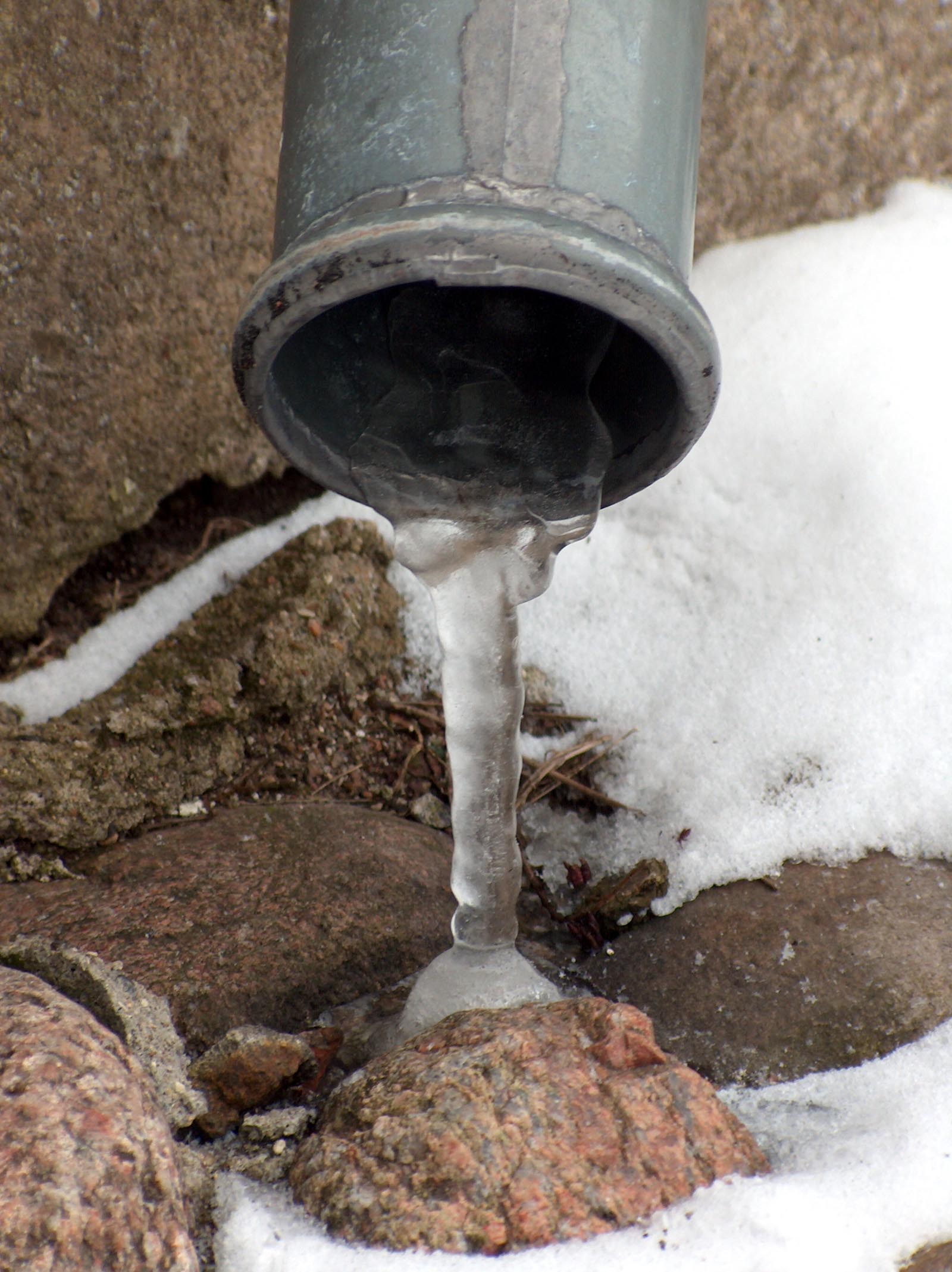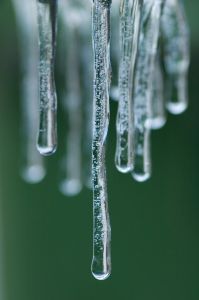Protect Your Home from Freezing Pipes
My broker sent out an email yesterday morning reminding all of the agents about the importance of winterizing vacant homes.
Over the weekend it got cold enough that a pipe froze and broke at one of our company’s vacant listings. The problem is that water expands when it turns to ice, causing pipes to break. As soon as the temperatures warm back up, that ice turns back into water and the floodgates open up.
Who Needs to Winterize Their Home?
If you own a property that is vacant (either a rental or a home for sale) or you travel during the winter months, you need to take steps to make sure that you don’t end up with frozen pipes.
If the inside of a home gets as cold as it is outside and temperatures are below freezing, your pipes are likely to freeze.
Tips for Winterizing Your Home
The first step is to keep the heat on in vacant properties. Paying a small utility bill for minimal heat is a lot less expensive than the damage done from rushing water which often that isn’t discovered for days or weeks.
Do not turn off the heat in vacant properties unless you have taken steps to winterize the plumbing systems. Instead, set the heat at 55° in your vacant property and make sure that all garden hoses are disconnected (this applies to occupied homes too!).
If you plan to be away for awhile, or live far from your vacant property, ask a neighbor to check on it after extreme cold spells. A broken furnace can result in thousands of dollars in water damage if the pipes freeze and crack and you don’t discover it before they thaw and start shooting water everywhere.
To find out more about tips to prevent pipes from freezing in non-winterized homes (and what to do if they DO freeze), check out these State Farm tips.
The easiest way to winterize a home is to call a plumber. Sutter Plumbing winterizes St. Louis region homes for $155-195, depending on the number of bathrooms and where it is located. They don’t have a website but if you email me I will give you their contact info.
If you are a DIYer, take a look at this post by Hammerzone.com. They included lots of pictures to show you how to winterize your home yourself. Though this article recommends draining the hot water heater, I’ve been told by many plumbers that there is no need to drain the tank, since it has too much water in the tank for it to freeze. Since draining it could result in rust inside the tank, the plumbers I’ve spoken to prefer to leave it filled.
I suggest that you call your favorite plumber and decide for yourself what to do about the hot water heater tank.









